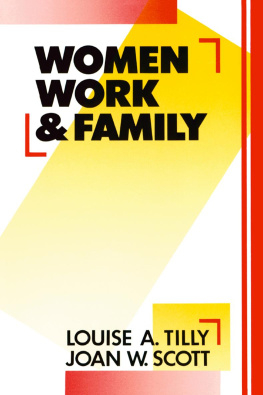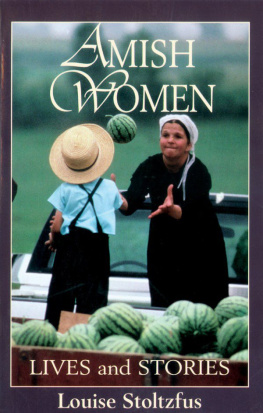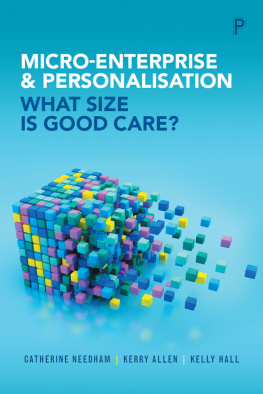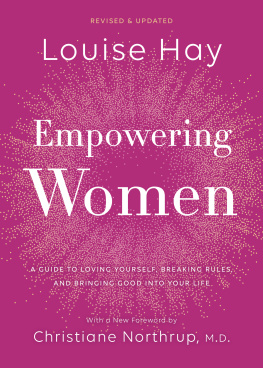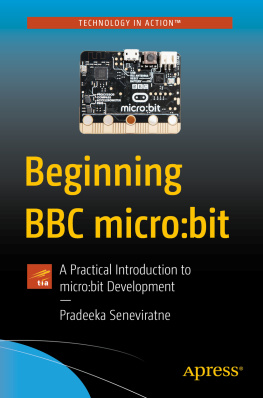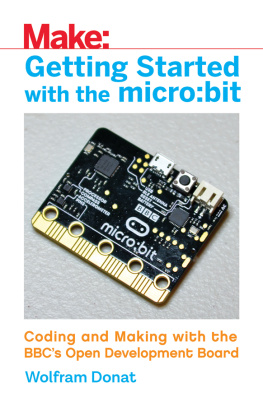Louise Dignard - Women In Micro- And Small-scale Enterprise Development
Here you can read online Louise Dignard - Women In Micro- And Small-scale Enterprise Development full text of the book (entire story) in english for free. Download pdf and epub, get meaning, cover and reviews about this ebook. year: 2021, publisher: Routledge, genre: Romance novel. Description of the work, (preface) as well as reviews are available. Best literature library LitArk.com created for fans of good reading and offers a wide selection of genres:
Romance novel
Science fiction
Adventure
Detective
Science
History
Home and family
Prose
Art
Politics
Computer
Non-fiction
Religion
Business
Children
Humor
Choose a favorite category and find really read worthwhile books. Enjoy immersion in the world of imagination, feel the emotions of the characters or learn something new for yourself, make an fascinating discovery.

- Book:Women In Micro- And Small-scale Enterprise Development
- Author:
- Publisher:Routledge
- Genre:
- Year:2021
- Rating:5 / 5
- Favourites:Add to favourites
- Your mark:
- 100
- 1
- 2
- 3
- 4
- 5
Women In Micro- And Small-scale Enterprise Development: summary, description and annotation
We offer to read an annotation, description, summary or preface (depends on what the author of the book "Women In Micro- And Small-scale Enterprise Development" wrote himself). If you haven't found the necessary information about the book — write in the comments, we will try to find it.
Women In Micro- And Small-scale Enterprise Development — read online for free the complete book (whole text) full work
Below is the text of the book, divided by pages. System saving the place of the last page read, allows you to conveniently read the book "Women In Micro- And Small-scale Enterprise Development" online for free, without having to search again every time where you left off. Put a bookmark, and you can go to the page where you finished reading at any time.
Font size:
Interval:
Bookmark:


- Louise Dignard and Jos Havet
- PART I Social Context and Main Issues
- 1 The Human Economy of Microentrepreneurs Irene Tinker
- 2 Entrepreneurship and Small- and Microenterprise Development for Women: A Problematique in Search of Answers, a Policy in Search of Programs Catherine van der Wees and Henny Romijn
- PART II Case Studies
- 3 Women and Development Alternatives: Micro- and Small-Scale Enterprises in India Ela Bhatt
- 4 Women in Micro- and Small-Scale Enterprise Development in Sri Lanka Lakshmi Perera
- 5 Swedish International Development Authority's Support to Women's Small-Scale Enterprises in Tanzania Carolyn Hannan-Andersson
- 6 Women's Micro- and Small-Scale Enterprises Emergence, Features and Limits: A Costa Rican Experience Iris Villalobos Barahona
- 7 Supporting Women in the Informal Sector: A Peruvian Experience Susana Pinilla Cisneros
- PART III Components of Women's Micro- and Small-Scale Enterprise Assistance
- 8 Key Issues on Women's Access to and Use of Credit in the Micro- and Small-Scale Enterprise Sector Marguerite Berger
- 9 Women, Technology and Small Enterprise Development Marilyn Carr
- 10 Training Issues: Women in Micro- and Small-Scale Enterprises in Africa Thelma Awori
- PART I Social Context and Main Issues
- 1 The Human Economy of Microentrepreneurs
- 2 Entrepreneurship and Small- and Microenterprise Development for Women: A Problematique in Search of Answers, a Policy in Search of Programs
- PART II Case Studies
- 3 Women and Development Alternatives: Micro- and Small-Scale Enterprises in India
- 4 Women in Micro- and Small-Scale Enterprise Development in Sri Lanka
- 5 Swedish International Development Authority's Support to Women's Small-Scale Enterprises in Tanzania
- 6 Women's Micro- and Small-Scale Enterprises Emergence, Features and Limits: A Costa Rican Experience
- 7 Supporting Women in the Informal Sector: A Peruvian Experience
- PART III Components of Women's Micro- and Small-Scale Enterprise Assistance
- 8 Key Issues on Women's Access to and Use of Credit in the Micro- and Small-Scale Enterprise Sector
- 9 Women, Technology and Small Enterprise Development
- 10 Training Issues: Women in Micro- and Small-Scale Enterprises in Africa
Font size:
Interval:
Bookmark:
Similar books «Women In Micro- And Small-scale Enterprise Development»
Look at similar books to Women In Micro- And Small-scale Enterprise Development. We have selected literature similar in name and meaning in the hope of providing readers with more options to find new, interesting, not yet read works.
Discussion, reviews of the book Women In Micro- And Small-scale Enterprise Development and just readers' own opinions. Leave your comments, write what you think about the work, its meaning or the main characters. Specify what exactly you liked and what you didn't like, and why you think so.

